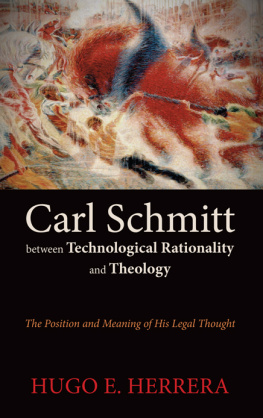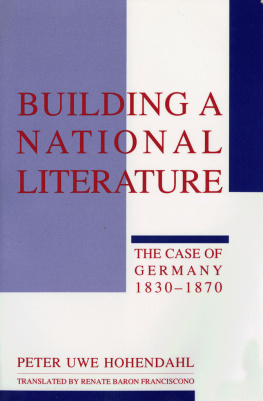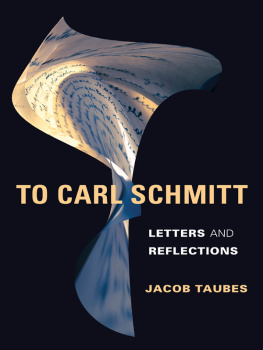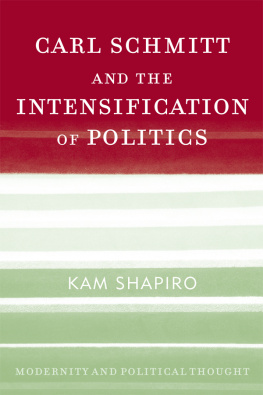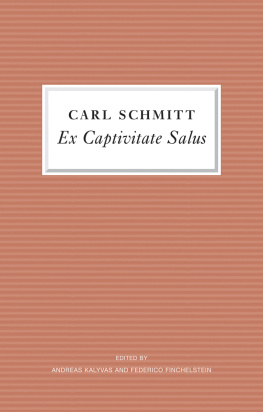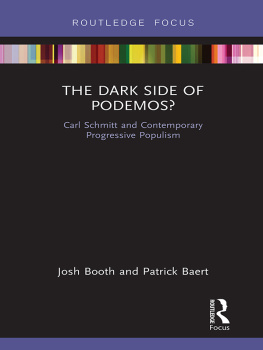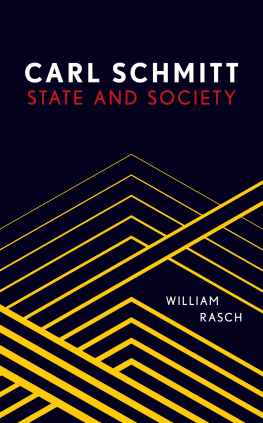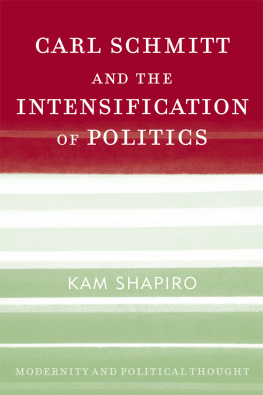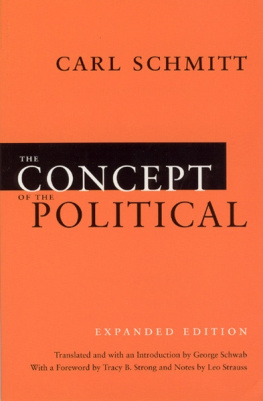Peter Uwe Hohendahl - Perilous Futures: On Carl Schmitts Late Writings
Here you can read online Peter Uwe Hohendahl - Perilous Futures: On Carl Schmitts Late Writings full text of the book (entire story) in english for free. Download pdf and epub, get meaning, cover and reviews about this ebook. year: 2018, publisher: Cornell University Press, genre: Politics. Description of the work, (preface) as well as reviews are available. Best literature library LitArk.com created for fans of good reading and offers a wide selection of genres:
Romance novel
Science fiction
Adventure
Detective
Science
History
Home and family
Prose
Art
Politics
Computer
Non-fiction
Religion
Business
Children
Humor
Choose a favorite category and find really read worthwhile books. Enjoy immersion in the world of imagination, feel the emotions of the characters or learn something new for yourself, make an fascinating discovery.

- Book:Perilous Futures: On Carl Schmitts Late Writings
- Author:
- Publisher:Cornell University Press
- Genre:
- Year:2018
- Rating:3 / 5
- Favourites:Add to favourites
- Your mark:
Perilous Futures: On Carl Schmitts Late Writings: summary, description and annotation
We offer to read an annotation, description, summary or preface (depends on what the author of the book "Perilous Futures: On Carl Schmitts Late Writings" wrote himself). If you haven't found the necessary information about the book — write in the comments, we will try to find it.
Since his death, the writings of Carl Schmitt (18881985) have been debated, cited, and adopted by political and legal thinkers on both the left and right with increasing frequency, though not without controversy given Schmitts unwavering support for National Socialism before and during World War II. In Perilous Futures, Peter Uwe Hohendahl calls for critical scrutiny of Schmitts later writings, the work in which Schmitt wrestles with concerns that retain present-day relevance: globalization, asymmetrical warfare, and the shifting international order. Hohendahl argues that Schmitts work seems to offer solutions to these present-day issues, although the ambiguity of his beliefs means that Schmitts later work is a problematic guide.
Focusing on works Schmitt published after the warincluding The Nomos of the Earth, Theory of the Partisan and Political Theology IIas well as his posthumously published diaries, Hohendahl reads these works critically against the backdrop of their biographical and historical contexts, he charts the shift in Schmitts perspective from a German nationalist focus to a European and then international agenda, while attending to both the conceptual and theoretical continuities with his prewar work and addressing the tension between the specific circumstances in which Schmitt was writing and the later international appropriation. Crossing disciplines of history, political theory, international relations, German studies, and political philosophy, Hohendahl brings Schmitts later writings into contemporary discourse and forces us to reexamine what we believe about Carl Schmitt.
Peter Uwe Hohendahl: author's other books
Who wrote Perilous Futures: On Carl Schmitts Late Writings? Find out the surname, the name of the author of the book and a list of all author's works by series.

